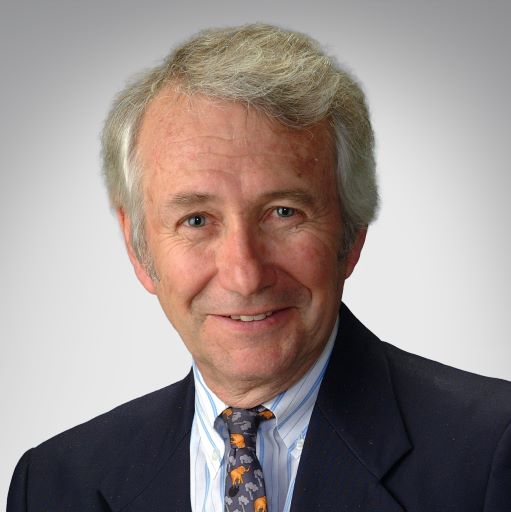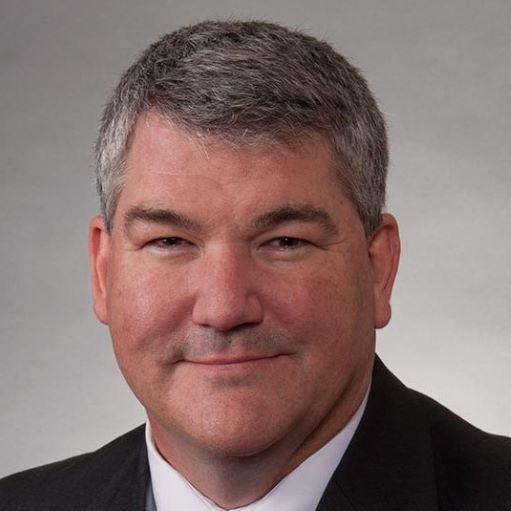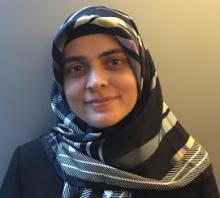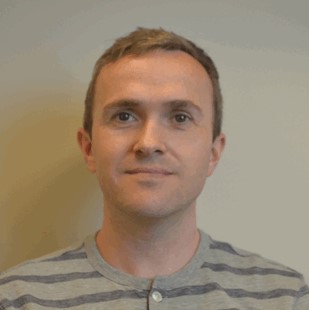Investigators
Find a Member
Results

Steffi Oesterreich
Program: Cancer Biology
Summary
The main interest of Dr. Oesterreich's laboratory is to further our understanding of hormone action in women's cancers (including both breast and ovarian cancers), with the ultimate goal to use this knowledge for improved diagnosis and endocrine treatment. These studies include many aspects of translational breast cancer research utilizing basic biochemistry, molecular and cell biology, and cell lines, mouse models and clinical samples. Over the last few years, Dr. Oesterreich has developed a strong research interest in in situ and invasive lobular disease, the second most common…


Adam Olson
Program: Cancer Therapeutics
Summary
I am a clinical scientist in the department of Radiation Oncology focused on designing and overseeing early- and late-phase clinical trials for prostate cancer and soft tissue sarcomas.
Patricia Opresko
Program: Genome Stability
Summary
My lab studies DNA damage and repair at telomeres. Telomeres are the caps at chromosome ends that are essential for preserving the genome. When chromosomes lose their telomere caps the cells age and this contributes to the onset of degenerative diseases with aging. If chromosomes lose their telomere caps in pre-cancerous cells, then this causes genetic alterations that hasten the progression to cancer. Understanding mechanisms of telomere damage and repair should lead to new intervention strategies aimed at preserving these regions of the genome that are so critical for protecting our…
Kyle Orwig
Program: Biobehavioral Cancer Control
Summary
Research in the Orwig laboratory focuses on stem cells, germ lineage development, fertility, and infertility. Our progress investigating reproductive function in fertile individuals provides a basis for understanding the mechanisms of infertility caused by disease, medical treatments, genetic defects, or aging. Infertility impacts one in seven couples in the United States and can have a devastating impact on relationships and emotional well-being. The Orwig lab is ideally located in Magee-Womens Research Institute and Magee-Womens Hospital and is committed to translating lab…
Hatice Osmanbeyoglu
Program: Cancer Biology
Summary
Our group's primary focus is on developing integrative machine learning approaches for extracting therapeutic and biological insights from highly heterogeneous omic datasets, clinical and drug response data, with the purpose of advancing precision medicine. Our projects span across the following areas: Cancer Genomics: Leveraging machine learning techniques to analyze genomic data from cancer patients, identifying genetic mutations, biomarkers, and potential therapeutic targets for personalized cancer treatment.Single Cell and Spatial Omics: Developing statistical methods for single-cell…
Roderick O’Sullivan
Program: Genome Stability
Summary
The O’Sullivan lab at UPMC Hillman Cancer Center conducts research into proteins that alter the structural and epigenetic functions of human telomeres. Telomeres are structures at the ends of chromosomes – the integrity of telomeres is an important factor in maintaining genome stability to prevent cancer and accelerated aging. Current efforts in the lab relate to: (i) deciphering the relationship between the regulation between chromatin structure and telomere function and (ii) new aspects of ADP-ribosylation in genome…
Abigail Overacre-Delgoffe
Program: Cancer Immunology and Immunotherapy
Summary
My broad research program will address the following question: How can the microbiome-specific immune response be modified or targeted to improve cancer patient response to immunotherapy? I will utilize the expertise and tools I have developed throughout my training to track and modify tumor- and microbiota-specific T cells in hopes of identifying current immunotherapeutic hurdles and developing targeting strategies for these unique cell populations. In addition, I will assess how previous therapies or other external changes to the gut microbiome impact response to immunotherapy in both mouse…


